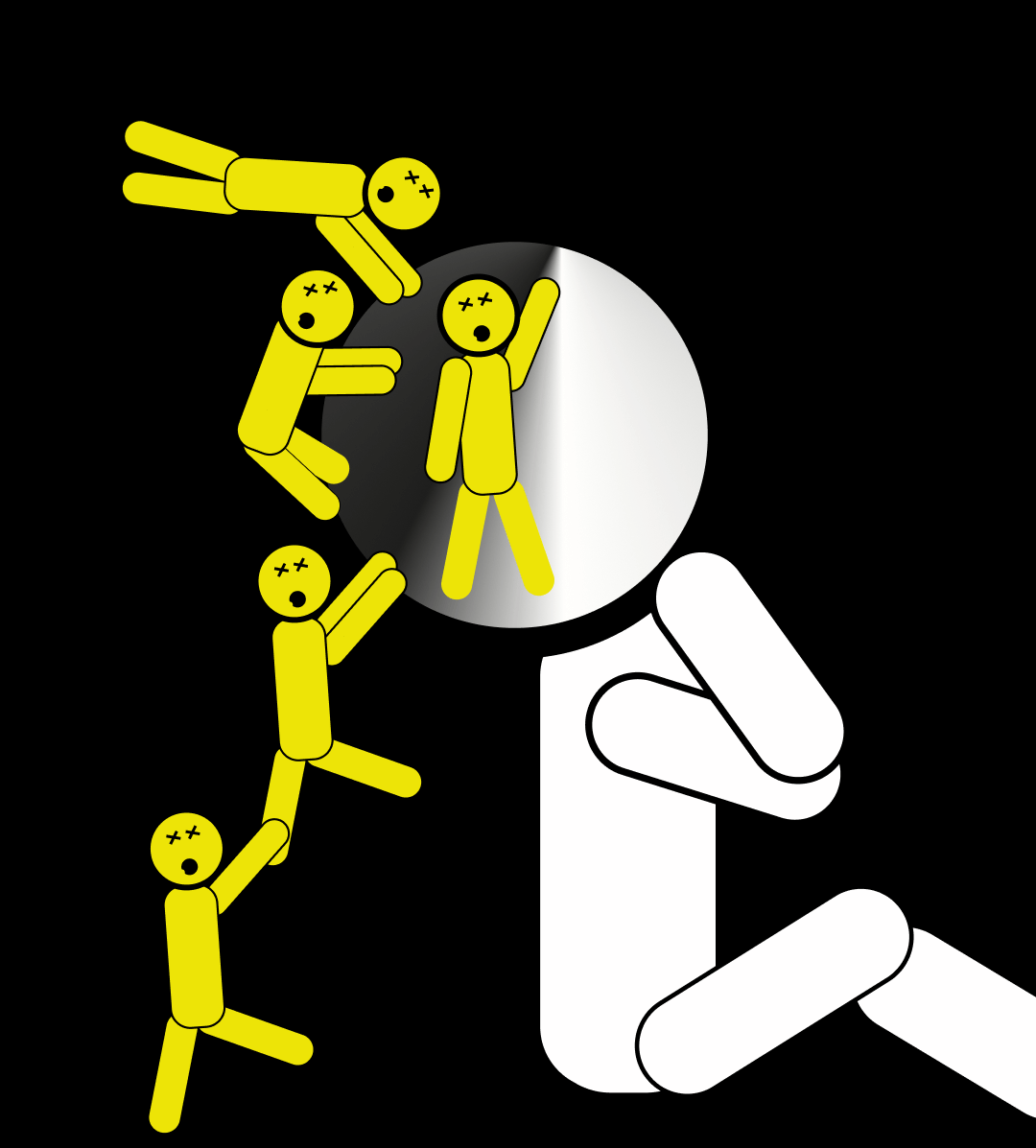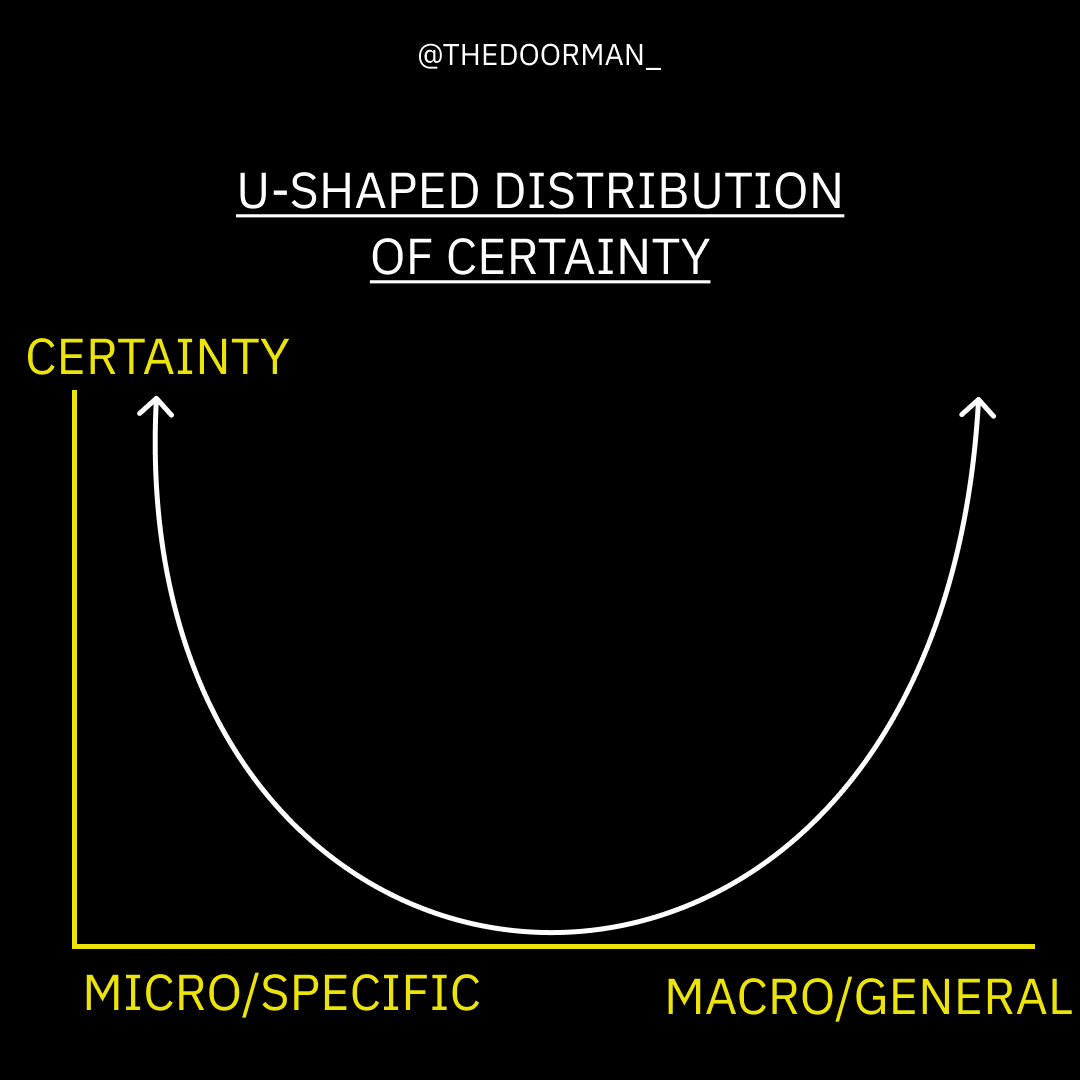The Truth About Activists
It’s a story I still find hard to believe: The year is 2015. Nick Abraham, aged 21, leaves his home behind in Australia to go to earthquake-ravaged Nepal, hoping to help rebuilding efforts. He’s thrown into a rural community where no one speaks English, and not only is there no power at night, there’s a fuel blockade, then a blockade on toilet paper. His plans to move to Amsterdam after a short volunteering stint are scuppered. His 6 month trip quickly doubles in duration, then extends indefinitely. Over the next three years, he flies back-and-forth three times for his grandparents’ funerals. In this period
The Greatest Tax We Pay
The way this world of ours works, we pay a price when fellow citizens are unwell. The smoker, the drinker, the sufferer of cancer or heart disease — when we’re taxed, we pay our share of their health bill. Stress weaves an invisible needle through our daily lives, puncturing much and sewing great dramas. Property prices rise, interest rates come and go, coffee becomes dear and groceries seem expensive. So off we go to work, to pay for it all. At work, many feel surrounded by demanding people, unreasonable people. It is hard to escape them. If these people drive the ship, we’re
A Psychological Deconstruction of Voldemort (from Harry Potter)
Episode 285 of the With Joe Wehbe Podcast is one of my all time favourites. It’s a psychological deconstruction of the Lord Voldemort character, the villain from JK Rowling’s Harry Potter Series (fyi, the episode is available on Youtube, or any of the usual podcast players like Spotify or Apple Podcasts). Today I’m doing a written deconstruction of Lord Voldemort given how insightful I find this character to be — I think this character paints a clear picture of just how and why things can go so wrong with human beings in our world. We’ll ask questions like: Why can people go so dark? What
The Price of Desire.
I identify with discipline. Everyone looks lazy. I identify with running. Non-runners are missing out. I identify with drinking. The sober people are crazy. I identify with intelligence. People start to look ignorant. I identify with talents. I feel bad for the less talented. I identify with money. I feel bad for poor people. So I change… I identify with being lazy. All pursuits seem trivial. I identify with non-drinking. The drinkers are fools. I identify with atheism. The religious people are deluded. Then I find God. All non-religious are doomed. Did I really find God? It seems I can abuse or over-indulge in anything. I can make any belief dangerous. The consequence is
When Your Mind Has Visitors (Short Story Version)
There you were, sitting down and minding your own business, when someone stole your dream partner. This opened a door, and in came Jealousy to visit you. Jealousy had big thirsty eyes and was wearing too many clothes (none of which they owned, all of which they’d borrowed). And around Jealousy you always envied what others had, and always thought everything you did have was bland and boring. So you asked Jealousy, ‘Jealousy, what should I do about this jealous feeling I have?’ And Jealousy said, ‘Go out, get more money! Become more successful! Become happier, and then so-and-so whatever his/her name was,’
When Your Mind Has Visitors (Extended, Deep Version)
First, a disclaimer. This extended piece is not my best writing but I feel it goes deep into the complicated dynamics of emotions, states of mind, and the mind itself
How the Boulder got up the Hill
A group of people saw a boulder at the bottom of a great hill. They tried one by one to push it up, but none of them could. They went away to lift small boulders, building up their strength, but when they came back to the big boulder still none could push it up the hill. A skinny man with a big head, and his friend who was called ‘the Idiot’, watched them. ‘I bet I can get that boulder up the hill!’ said the Skinny Man, and the Idiot said, ‘I don’t know about that, but don’t worry, I don’t know much.’ The
The Key Hangs On The Door Unguarded
It scares them. The thought of other people gaining Awareness of themselves scares them. They think it’s dangerous if people think freely. They see this as a bad thing for society. They are afraid that unchained minds and unchained souls will topple the structures of stability. To them we say, ‘Don’t worry my friends — when the guard tower falls and the cell doors open, when the young people walk free from the penitentiary of stability, there will be nothing forcing you to follow…’ ‘You can stay in your cell if you so wish
‘If it’s not simple, it’s suspicious’
Joe, if it’s not simple, it’s suspicious — Gilly And it was Gilly who invited me and some friends to speak on a Zoom Event last year. We were sharing our personal religious and spiritual journeys for a group called SIP, which stands for ‘Spirituality in the Pub.’ All these SIP members listening in were middle-aged and elderly — most of them had some sort of Christian background, yet the conversations they have are totally open and very often multi-faith. They’re not conservative, they’re real, and this struck me from the outset. So the three of us told our stories, openly, holding nothing
Explaining The U-Curve of Certainty
So after reflecting on a lot of Nassim Taleb ideas, and a fair bit of my own philosophy, I’ve arrived at this general U-Curve of Certainty Theory. The hope is that it helps us find the truth when speaking about complex systems (What’s a complex system? See my definition here) and avoid ‘The Weatherman Phenomenon — how smart people become dumber, while looking smarter.’ The idea in a nutshell is this — I can be very certain about things that are Micro (smaller in scope), specific/individualised and imminent, and also about things which are very Macro, general and long-term, but not much








